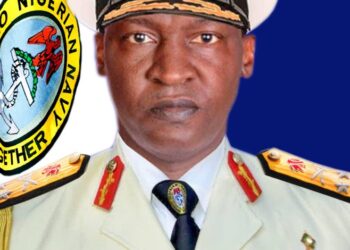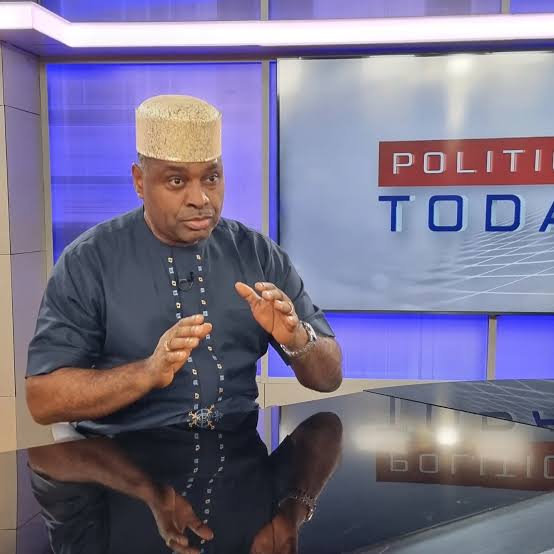Professor Victoria Kikelomo Olugbemi, an expert in Socio-Cultural History and Gender Studies, has urged African leaders, especially those in Nigeria, to discard the Western-style democratic model. According to her, it has failed to deliver political stability, national unity, or meaningful development.
She made this call during the 40th Inaugural Lecture at Adekunle Ajasin University, Akungba Akoko, Ondo State. Olugbemi stressed that Africa must revive its indigenous political systems for genuine progress.
Homegrown Governance Can Solve Leadership Crisis
Olugbemi argued that traditional systems rooted in precolonial values offer lasting solutions to the continent’s leadership problems. She emphasized the need to stop adopting political frameworks designed in Europe.
“African civilisation is one of the most enduring in history,” she said. “It’s time we move away from foreign systems and embrace political structures based on our values and identity.”
She called on the National Assembly to stop looking beyond Africa for political inspiration. Precolonial African kingdoms, she noted, had effective systems of checks and balances that ensured order before the influence of colonialism and imported religions.
Olugbemi also emphasized the sacred role of traditional leadership. She described traditional rulers as divine representatives of royal bloodlines who must be chosen according to ancestral customs, not political processes.
She argued that these institutions possess internal mechanisms to check misconduct, unlike the often fragile systems of modern governance.
Speaking on national development, Olugbemi stressed the need for gender equity. She stated that no nation can thrive without the full participation of people of all genders.
“We must move beyond patriarchy and authoritarianism,” she said. “When gender, culture, and religion are aligned positively, they become tools of liberation and nation-building.”
Inclusive Education as a Path to Stability
Olugbemi advocated for accessible, high-quality education for all children. According to her, education encourages mutual respect, national unity, and political stability.
She called for better funding for public schools, more teachers, improved infrastructure, and learning resources. She criticized the government for favouring private institutions while neglecting public ones, which she said contradicts the Education for All (EFA) mandate.
She urged a full review of the school curriculum to include more civic responsibility and national history. This, she said, would promote patriotism and social cohesion.
Olugbemi also highlighted the need to reintegrate out-of-school children and marginalized learners into adult education systems. Doing so, she noted, would reduce poverty, tackle hunger, and help Nigeria meet the Sustainable Development Goals (SDGs), particularly in gender equality and lifelong learning.
VC Commends Her Vision
The Vice Chancellor, Professor Olugbenga Ige, applauded Olugbemi for her thought-provoking lecture. He praised her commitment to scholarship, equity, and national transformation.












